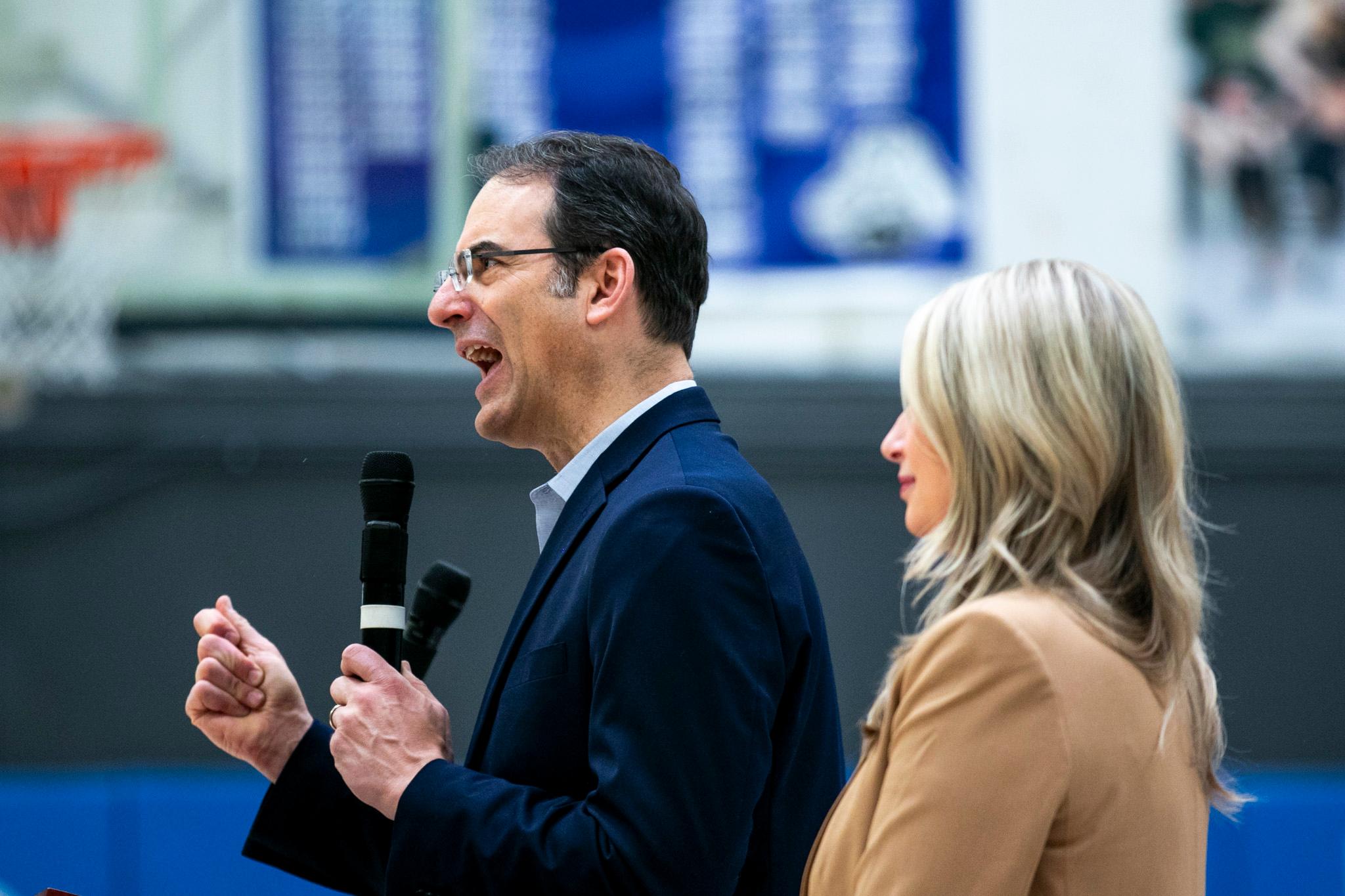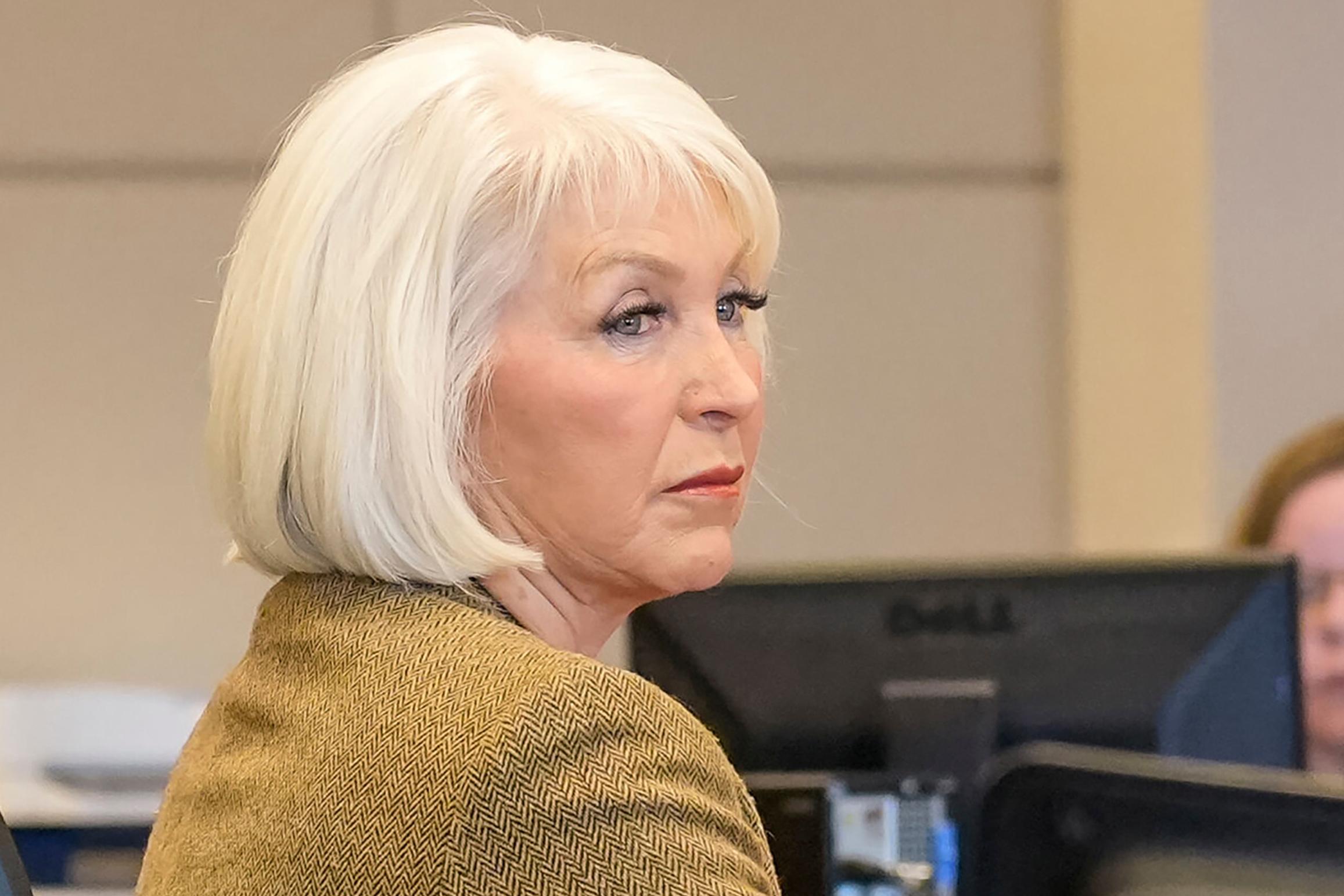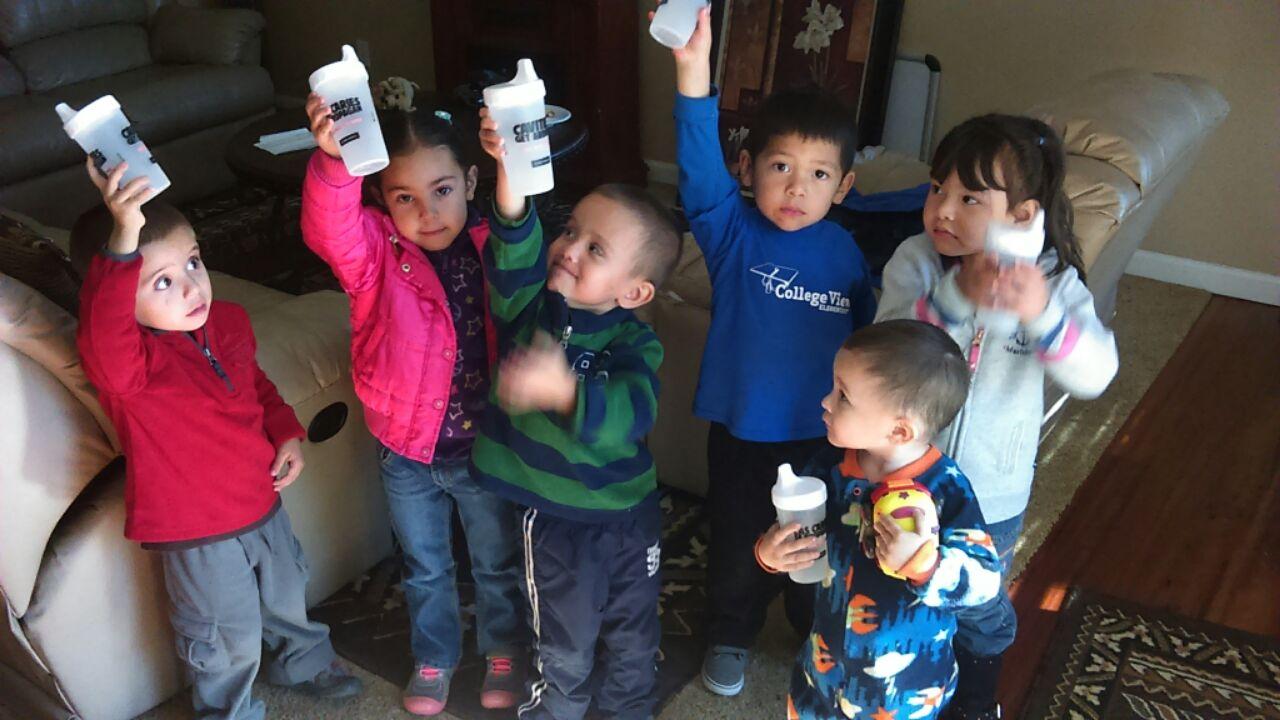
"I spend a lot of time teaching my families that water is safe to drink," said Braun. "Denver tap water is safe.”
Still Braun says "over half" of the Latino families she sees don't drink tap water. And if the kids don’t drink tap water they don’t get the fluoride in it to protect their teeth. And instead of tap water many of them gulp down sugary drinks or milk -- a double whammy that can mean more cavities and weight gain.
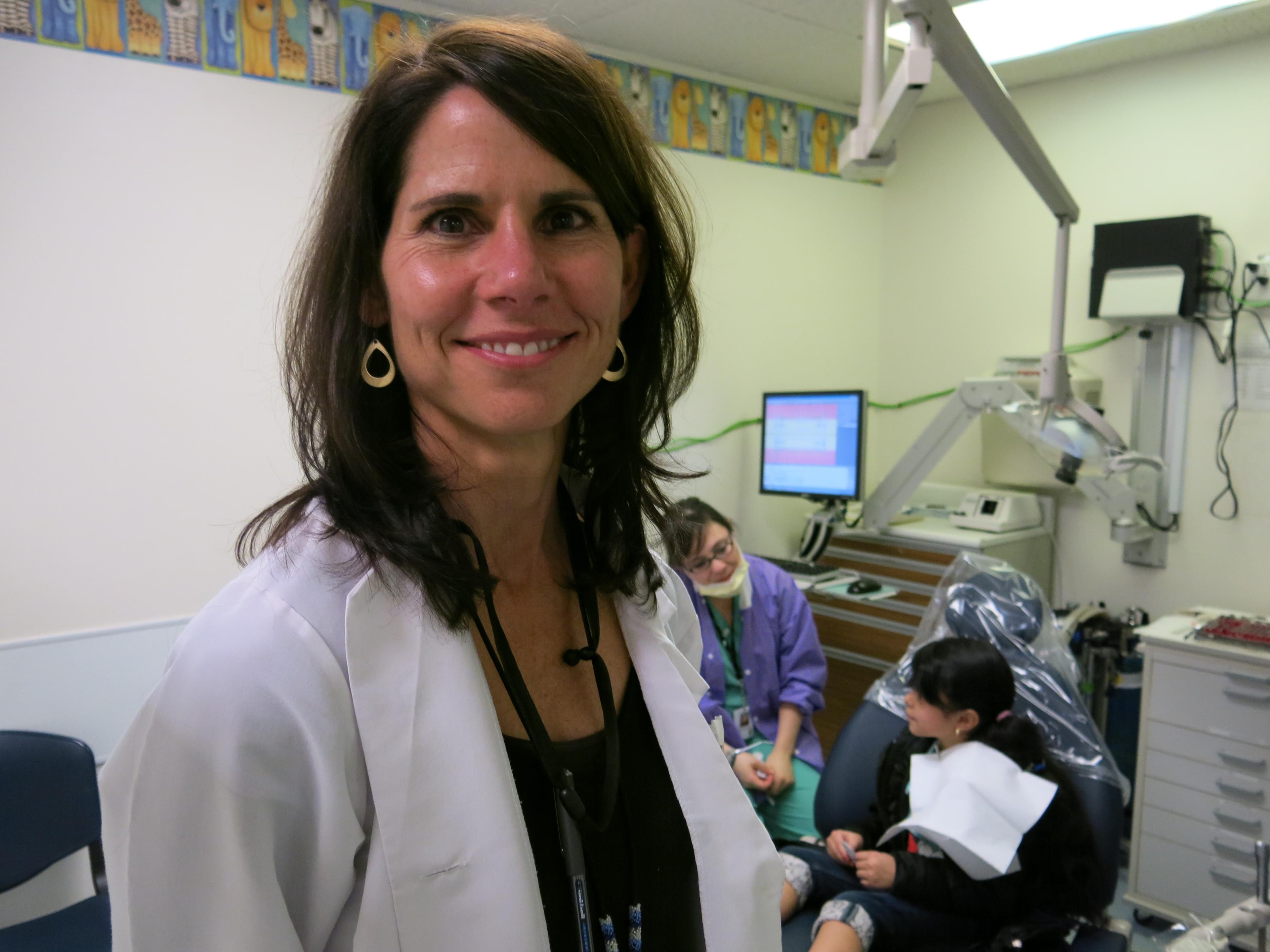
"Over half of kindergartners have cavities," Braun said. "Latino kids are more likely to have cavities than non-Latino kids."
She says in some cases the tap water stigma has been passed on through generations in a family. In others, recent immigrants hesitate to drink it based on prior experience.
"If you're used to living in a place where you would normally not want to drink the water because it is not safe then that's what you're going to bring over to any other new setting that you live in," said Braun.
Now there's a collaborative campaign aimed at letting Latinos know the tap water is safe and clean. The Delta Dental of Colorado Foundation is partnering with a community group called Westwood Unidos to get the word out.
"It was a surprising revelation to us," said Jessica Mahaffey, marketing specialist with the state's largest water provider, Denver Water. "Once we discovered that these concerns existed, we felt a strong responsibility to go out and to communicate otherwise."
The advice to drink tap water in Denver comes with one caveat. Some homes in Denver built before the mid 1950s have lead pipes. Denver Water advises that you run tap water until it runs cold to flush any lead-containing water from pipes.
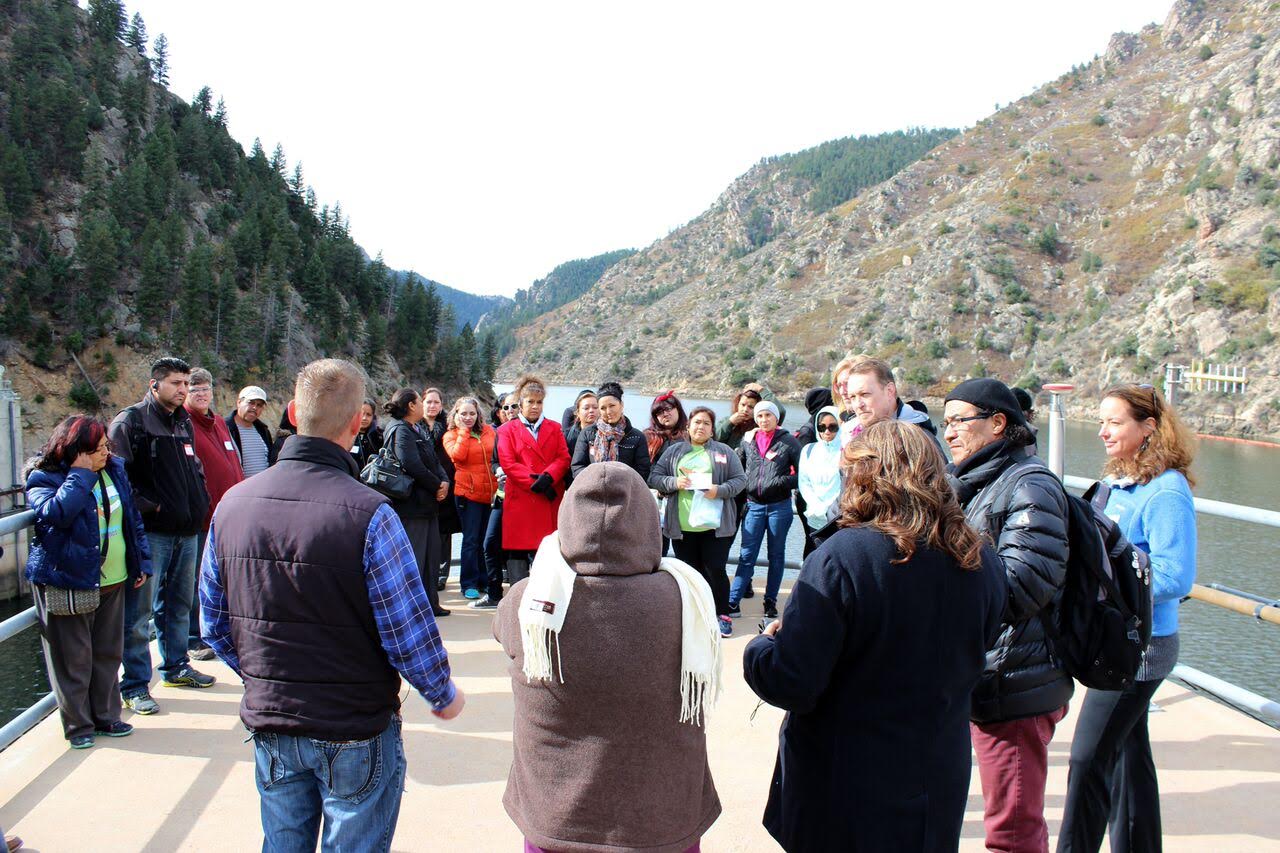
This fall, Mahaffey led a tour of the utility’s infrastructure for about 40 people from the largely Hispanic Westwood neighborhood after learning about rumors that the water was unsafe to drink. The group included community leaders, pastors, and educators -- or as Mahaffey calls them “influencers.”
"Many of them boil the tap water or buy bottled water, and so they just had a lot of concerns and a lot of questions about the quality and safety of their water," said Mahaffey.
Mahaffey showed the group the reservoir at Waterton Canyon, filled by melting mountain snow. She then took them to a water treatment plant, so they could see how that water is filtered and tested. "Sometimes it's much easier to show than it is to tell," she said.
She hopes those “influencers” are now back in their community telling people that the tap water here is safe to drink.
A New 'Promotora'
Westwood resident Gaby Medina says she had a change of heart. Like a lot of her neighbors she didn’t trust the water when she came to U.S. from Mexico more than a decade ago.
“Initially, yes. I was hesitant," Medina said, speaking through an interpreter. "Very honestly, I didn’t have a lot of faith.”
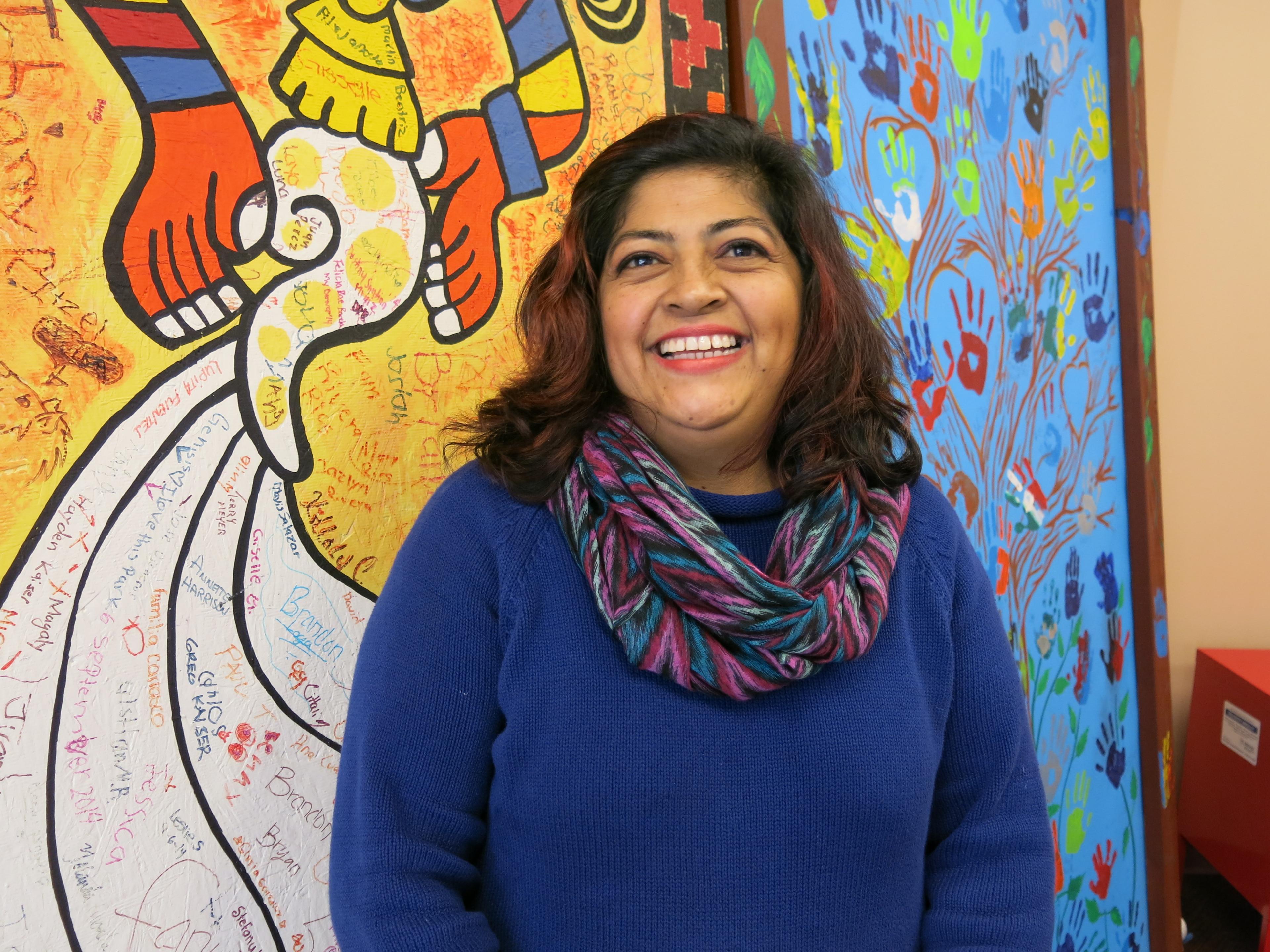
In fact, she’s spreading the tap water message in schools and churches around her community as a "promotora," a health educator, with the Cavities Get Around campaign. "That really gives me a lot of good feeling and pride," said Medina.
"It is a silent epidemic," said Rachel Cleaves, coordinator of the campaign in southwest Denver. "A lot of people aren't aware of this problem." Cleaves says 30,000 children in Colorado have untreated tooth decay and Hispanic children have the highest rates.
The campaign is putting a special emphasis on the Westwood neighborhood, specifically the 80219 zip code, an area located about 20 minutes southwest of downtown Denver. Cleaves because of the distrust of tap water, many in the neighborhood "think that sugary beverages like juice are a healthy drink for their children to drink on a daily basis."
A 2010 study in rural California found Latino farm workers and their children had a high prevalence of tooth decay. If found many avoided drinking tap water based on perceptions the public water supply is unsafe.
That water has now replaced the kind of sugary beverage that used to be served. Medina’s daughter 10-year-old Andrea now does the same thing when she goes to school. She shows me her water bottle with a slice of citrus in it. And she says the idea is catching on with her friends.
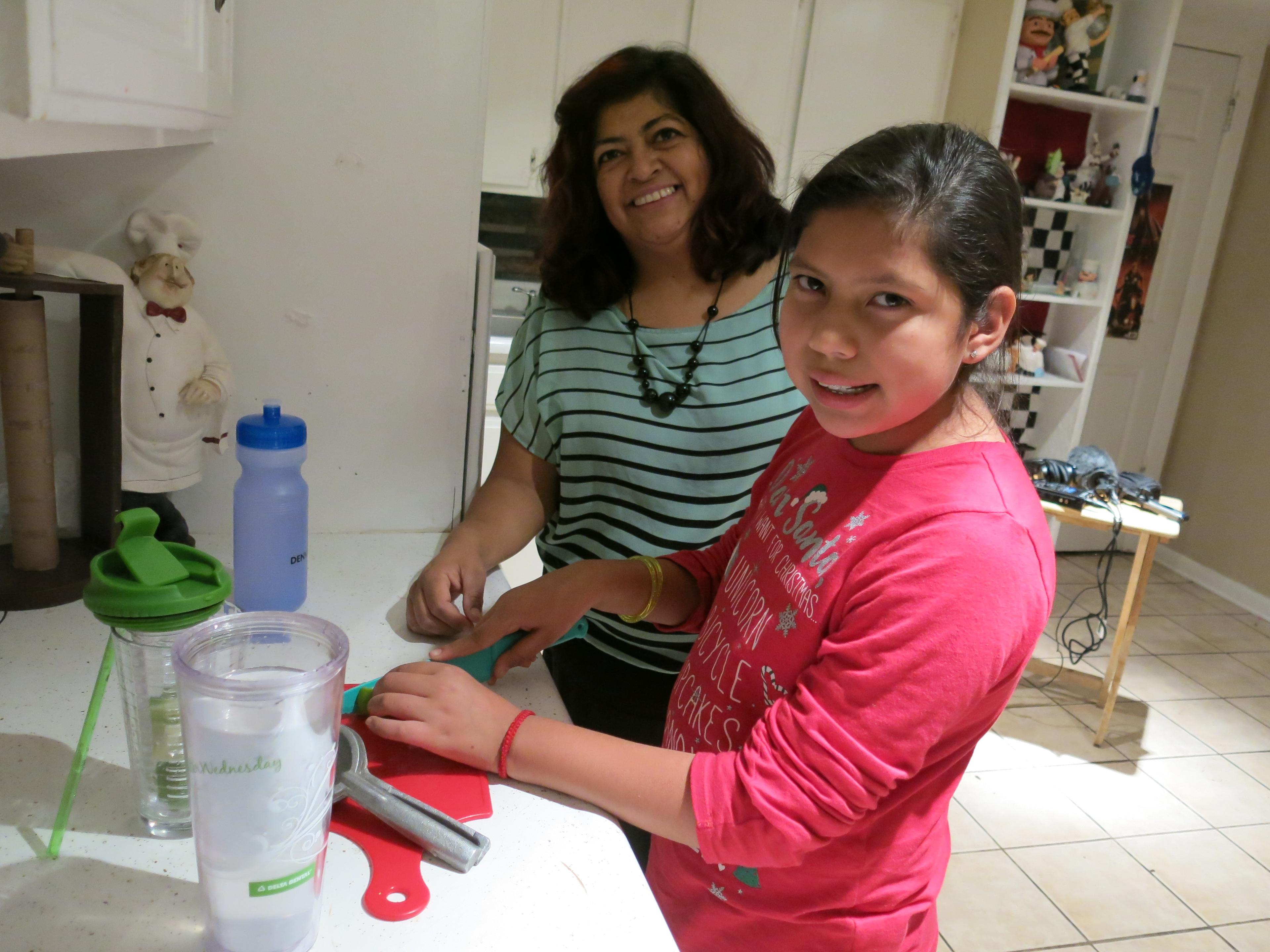
Andrea's 11-year-old brother Greg says since his mom started working on what he calls "the water thing," his fears about tap water have changed.
“It comes fresh from the mountains and it’s also refreshing," said Greg. "It’s not poisoned or anything.”
Now, like his sister, he veers away from sugary drinks. "Now, I drink water more often than any other drink," said Greg.
Public health advocates hope they pass that message on.
Braun for one applauds the push. "Thankfully we have good safe water to drink and so we can teach others they should feel good about the water that they're drinking," she said.

